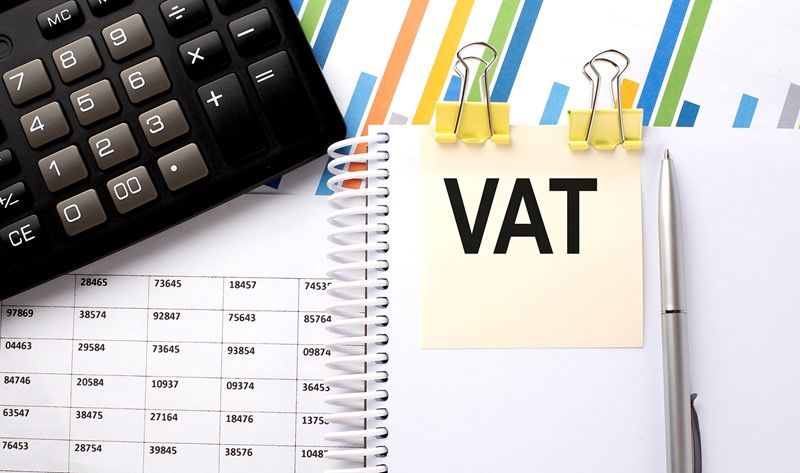The transition from FHL to Property Rental business
Tax perks for Furnished Holiday Lets have ended. From April 2025, lettings fall under standard rental rules. Check the transition rules to avoid surprises.
The tax advantages that were previously available to property owners letting their properties as short-term holiday lets, known as Furnished Holiday Lets (FHL), has now ended. The changes took effect on 6 April 2025 for Income Tax and Capital Gains Tax, and on 1 April 2025 for Corporation Tax and Corporation Tax on chargeable gains.
The following is a summary of the key transitional rules that apply as FHL status is phased out and properties are brought under the standard property rental business regime:
- FHLs will no longer qualify for capital allowances but can claim "replacement of domestic items relief." Existing capital allowance pools can still use writing-down allowances, but new any expenditure will follow standard property business rules.
- FHL losses, which could only be offset against future FHL profits, will now be absorbed into the wider UK or overseas property business and offset accordingly.
- Carried-forward FHL losses can still be set against future profits of either the UK or overseas property business as appropriate.
- Eligibility for reliefs like roll-over relief, business asset disposal relief, and gift relief have now ended, however, where criteria for relief includes conditions that apply in a future year these specific rules will not be disturbed where the FHL conditions were satisfied before repeal.
- Business asset disposal relief may still apply if the FHL business ceased before the changes and disposal occurs within the normal three-year period following cessation.
- An anti-forestalling rule, effective from 6 March 2024, blocked the use of unconditional contracts to secure capital gains relief under old FHL rules.




